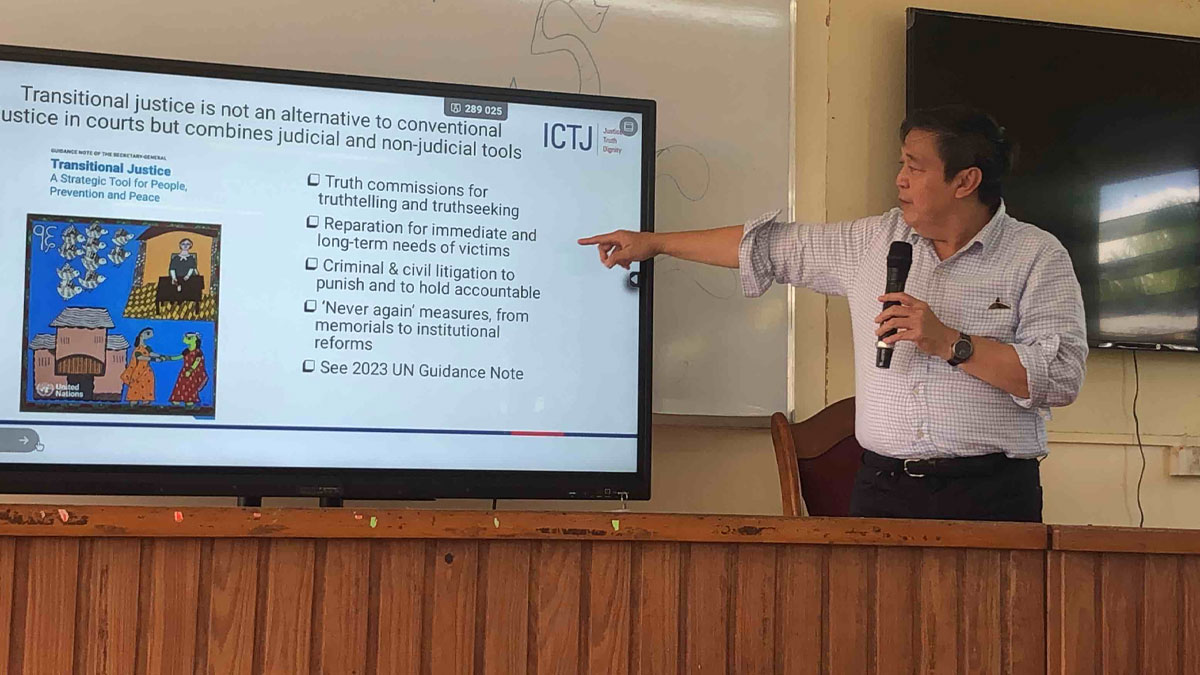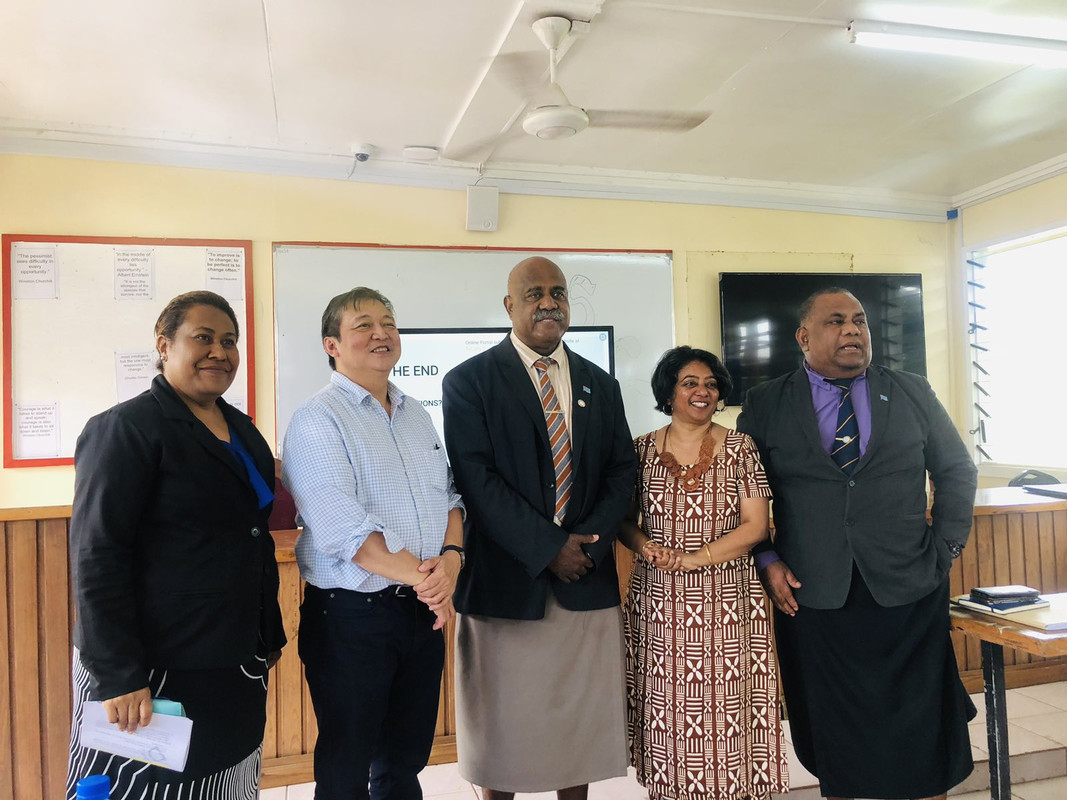
The courts are not equipped to resolve the root causes of political violence and systematic injustices and the discussion should be between the communities.
This was highlighted by the Senior Expert at the International Centre for Transitional Justice based in New York City, Ruben Carranza on the Fiji Truth and Reconciliation Commission Consultation at Vunimono High School.
Carranza says transitional justice is not an alternative to conventional justice in courts but combines judicial and non-judicial tools as the truth commissions are for truth-telling and truth-seeking.
He says it's necessary to do consultations and he is glad that it's happening.
He says the conflict and distrust among political leaders should not prevent families from seeking the truth and closure together, as it took years and several attempts at designing a process for families of those missing in Lebanon.
He further says it helps to build trust in a future Truth Commission as to how a future commission can specifically help people in Fiji and the idea itself opens the door through truth-seeking so that Fijians with grievances can come forward and be heard and that is one of the most important accomplishments that a future truth commission can seek.
Carranza shared experiences and case studies from various Truth Commissions around the world including small Island States like the Solomon Islands, Seychelles and Mauritius for context.

However Carranza says there is no one model that could be advocated over another as each country context is different and Fiji will have to evolve its own modality in the way it wants to address past grievances.
While speaking in the consultation in Labasa yesterday, a farmer a Truth and Reconciliation Commission once established will create a platform for them to raise many grievances they have had due to the political events in the recent history.
A former Military officer expressed hope that the Commission will encourage institutions like the Fiji Police Force and Fiji Prisons to own up to atrocities committed in their facilities to help those impacted heal.
There were concerns raised that in the absence of an ombudsman, many vulnerable voices have not been able to get a resolution for human rights violations.
To address past grievances and promote national healing, the Cabinet has established a Steering Committee to help develop a legal framework for the establishment of the Fiji Truth and Reconciliation Commission.
Consultations will continue this week in Suva and Lautoka.
Stay tuned for the latest news on our radio stations


